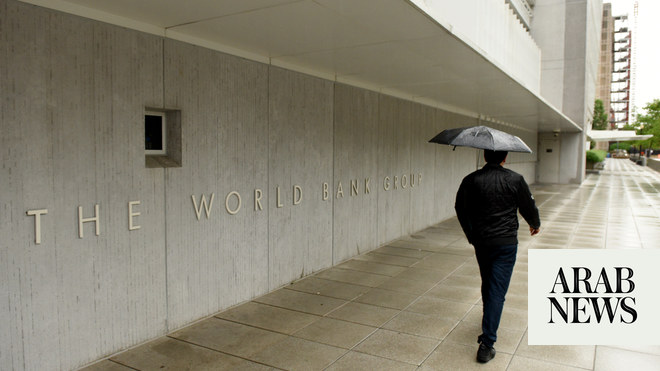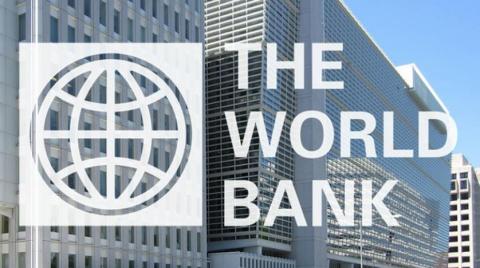
RIYADH: The World Bank’s regional director for Gulf Cooperation Council countries has urged the organization to take “immediate actions” to address threats to water supplies caused by climate change.
Issam Abousleiman warned that tackling the rising costs associated with maintaining water and energy security for the region’s population of almost 60 million demanded a swift response.
He told Arab News: “To date, adaptive measures have too often been reactive, short term, expensive, and fragmented.
“Negative effects on the environment are often the consequences of the management of the water and energy sectors.
“The Gulf and Red Sea are naturally saltier than the world’s oceans on average, due to elevated evaporation rates and reduced freshwater inflows.
“Already hundreds of desalination plants deposit hypersaline waste in shallow coastal zones, and many GCC countries have plans for significant expansion of desalination,” he added.
The bank official pointed out that desalination-plant effluent triggered a vicious cycle of unsustainability: The higher the salt concentration in waste deposited near source intakes, the more energy required to remove that salt when new seawater was taken in for desalination.
Abousleiman noted that poor or non-existent brine abatement was impacting on coastal marine life and would eventually hit tourism.
He said: “The GCC has started to take action on this by using new technology for desalination along with renewable energy while treating brine.
“If the GCC is able to transition all their existing plants, they will also have the possibility to save the equivalent of around 500,000 barrels per day of oil and reduce tremendously the energy used to produce their water with zero greenhouse gas emissions. This will also have a positive impact on their fiscal and balance of payments,” he added.
A recent World Bank report — titled “Advancing Knowledge of the Water-Energy Nexus in the GCC Countries” — highlighted the challenges faced by GCC countries in ensuring the long-term sustainability of their water and energy resources.
It also signposted opportunities for dealing with the situation, including the adoption of key innovations in the management of the region’s energy and water supply systems, and methods of reducing consumption and demand.
In the future, the report said, the GCC could increase availability while making significant water and energy savings through improved metering, pricing structures, and the reallocation of groundwater on farms.












